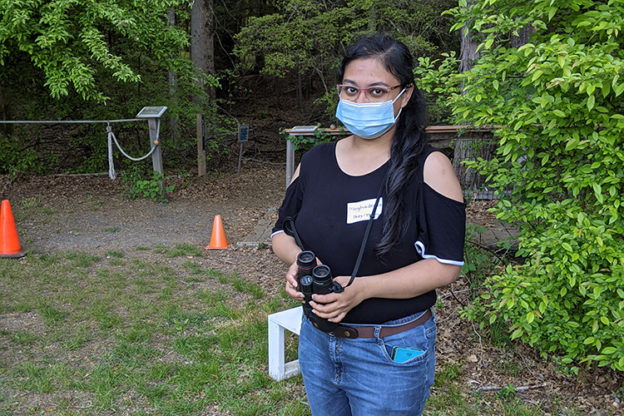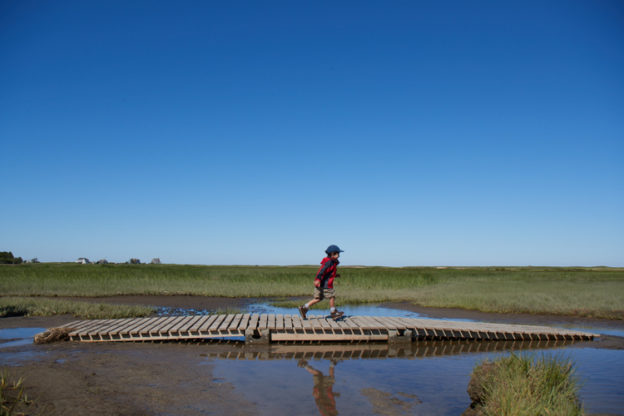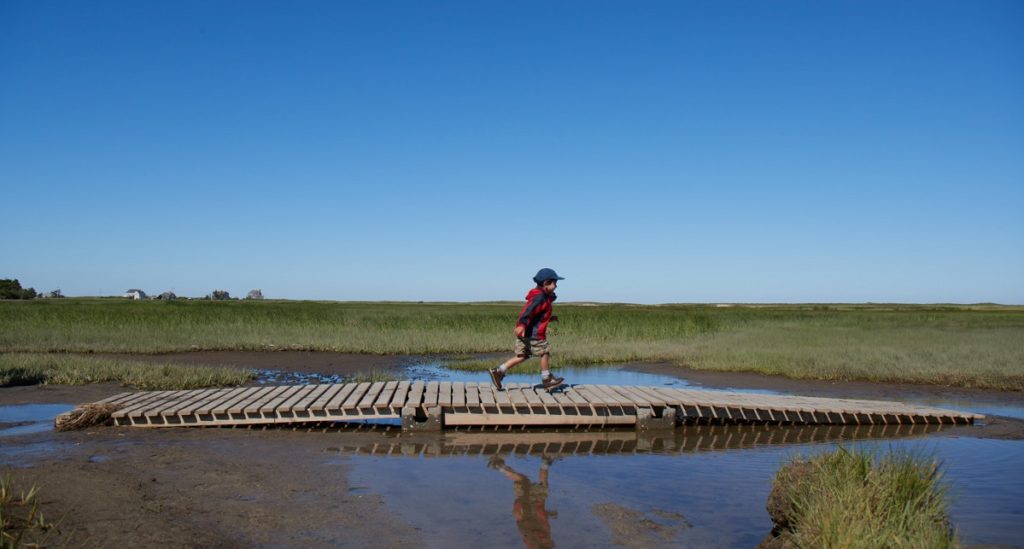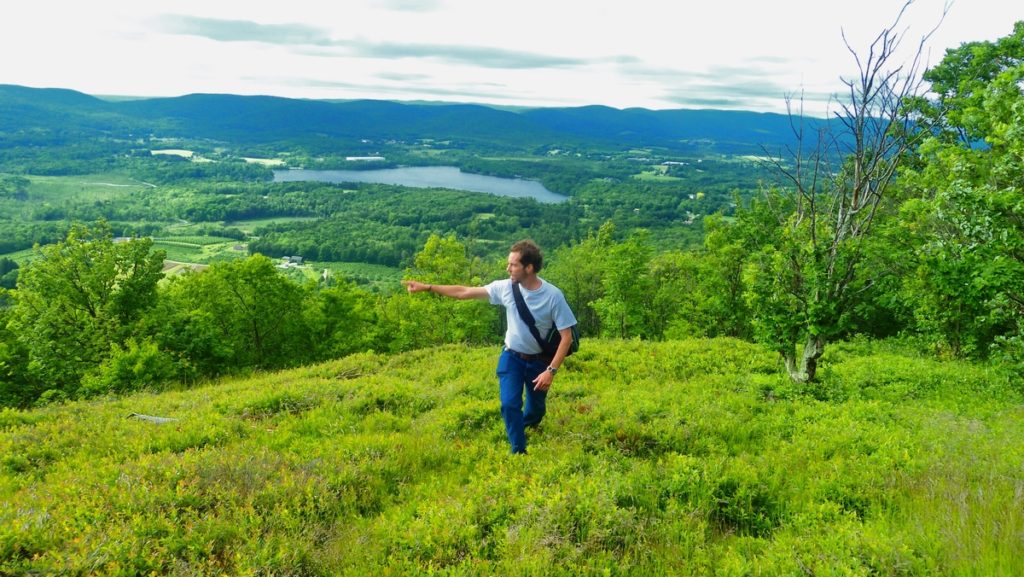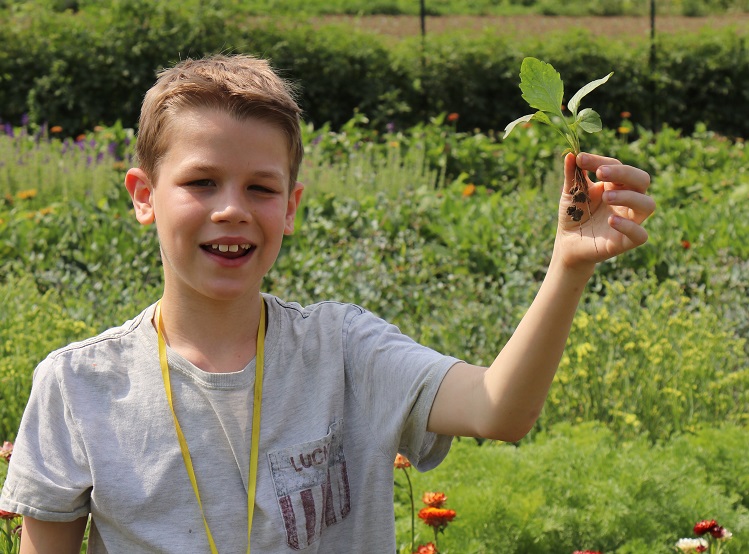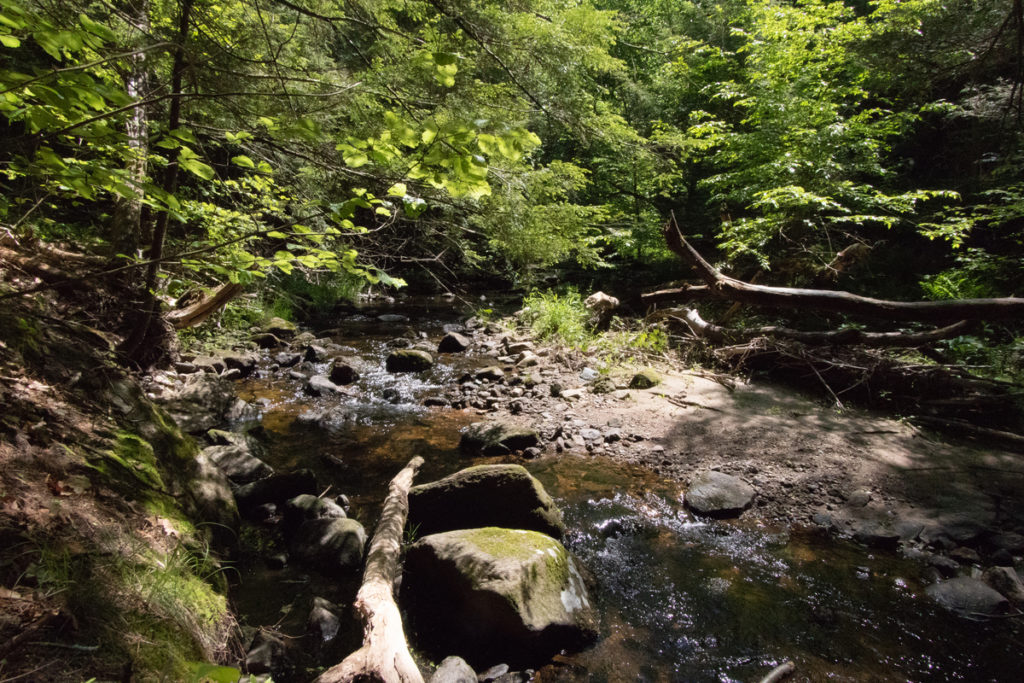A Q&A with Meghadeepa Maity, Organizer of Arcadia’s Sitting Duck Award-Winning Team
This year’s Bird-a-thon included a new competitive birding award: the Sitting Duck for most bird species observed while remaining in a 25-foot circle. The West Team took home the award in an intentionally inclusive event organized by volunteer and avid birder Meghadeepa Maity.
We talked with them about the big win, their commitment to making nature accessible and safe, and how this aligns with Mass Audubon’s commitment to diversity, equity, inclusion, and justice.
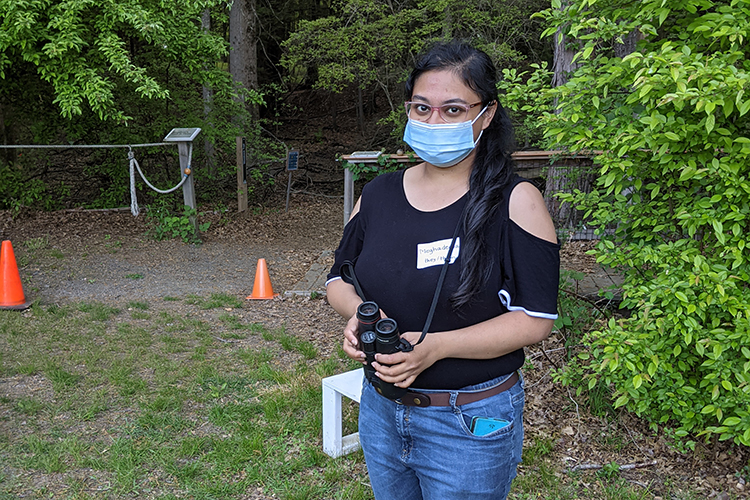
Why was organizing an intentionally inclusive event so important to you?
I am a fierce advocate for safety, accessibility, and inclusivity in the outdoors, especially in birding spaces. Among other things, I facilitate the Anti-racist Collective of Avid Birders; I am a Birdability captain; and I am a co-coordinator for the Murmuration Project.
I believe that anti-oppression work can’t go far without deconstructing systems and institutions that aren’t built with BIPOC, disabled folks, the LGBTQ+ community, immigrants, and trauma survivors in mind. It’s all too easy for those with privilege or power to say that they aren’t explicitly exclusionary, then absolve themselves of responsibility. In this regard, Mass Audubon is an institution that has shown great humility, initiative, and a commitment to taking actionable steps to diversify the outdoors.
On a more personal note, many facets of my identity have historically been excluded from the outdoors, and often make traditional birding communities feel uncomfortable or inaccessible. I appreciate how invested Mass Audubon is in building equitable access to nature, and wanted to use Bird-a-thon as an opportunity to show community members how powerful outdoor spaces can be when one is intentional with their efforts to make it inclusive.
What were the results of the inclusive stationary count circles you organized for Bird-a-thon?
We had almost 70 participants—we welcomed people who dropped by for short stints over the 24 hours of Bird-a-thon, so I don’t have an exact count. Ages ranged from 4 to 88 and fell within an incredible spectrum of racial, gender, and disability identities. Some had been participating in Bird-a-thon for decades, while others had never attended a birding event before.
Those birding from the 25-foot wide, wheelchair-accessible circle at Arcadia Wildlife Sanctuary in Easthampton spotted 77 species. The Feminist Bird Club (Boston chapter) was impressed by our inclusive initiative and decided to help rack up our species total by setting up their own stationary counts on the coast, adding another 25 species to the tally. So, we observed 102 species total, and we raised $1,300 for Mass Audubon.
It was exciting to have this all recognized with the first ever Sitting Duck Award. No matter how you want to measure it, this event was groundbreaking and an epic success.
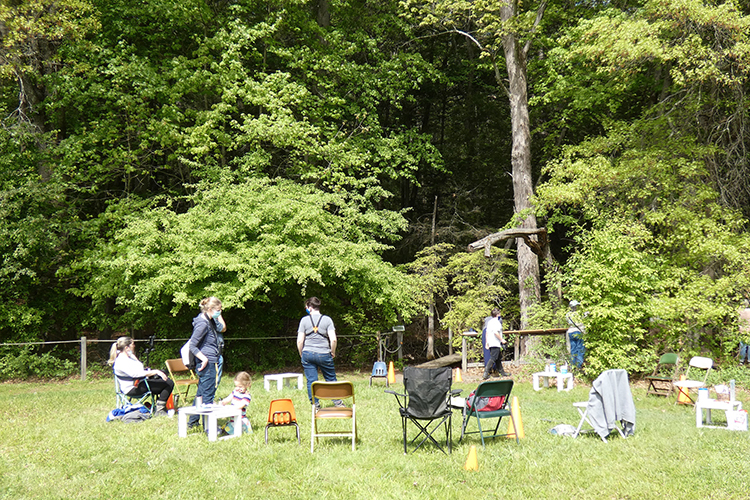
What did you learn from your organizing during this year’s Bird-a-thon?
In birding spaces, the presumption is that being a competitive birder and an inclusive birder are mutually exclusive. For Bird-a-thon this year, I’d set out to prove that inclusion works, even when success is measured using traditional metrics. It meant a lot to have the support of the West Region’s Bird-a-thon organizing team to prove this hypothesis. I was humbled by the number of people that came out for our event. It’s easy to forget that you’re an introvert when you’re surrounded by people who believe in you!
I learned that I don’t have to give up competitive birding to make space for everyone outdoors. In order to meet our accessibility goals, our count circle was located in pretty unremarkable habitat (in many birders’ opinion), but I found my lifer Yellow-billed Cuckoo from our little corner at Arcadia!
You can try to separate anti-oppression from conservation efforts, but the reality is that we are better together. I hope that we’ve set an example that will become a Bird-a-thon tradition, and will be trending within Mass Audubon and in birding communities across the country.
Mass Audubon and the West Region team are grateful to Meghadeepa for their leadership and bringing so many into the joys of birding throughout the year and during this year’s Bird-a-thon.


